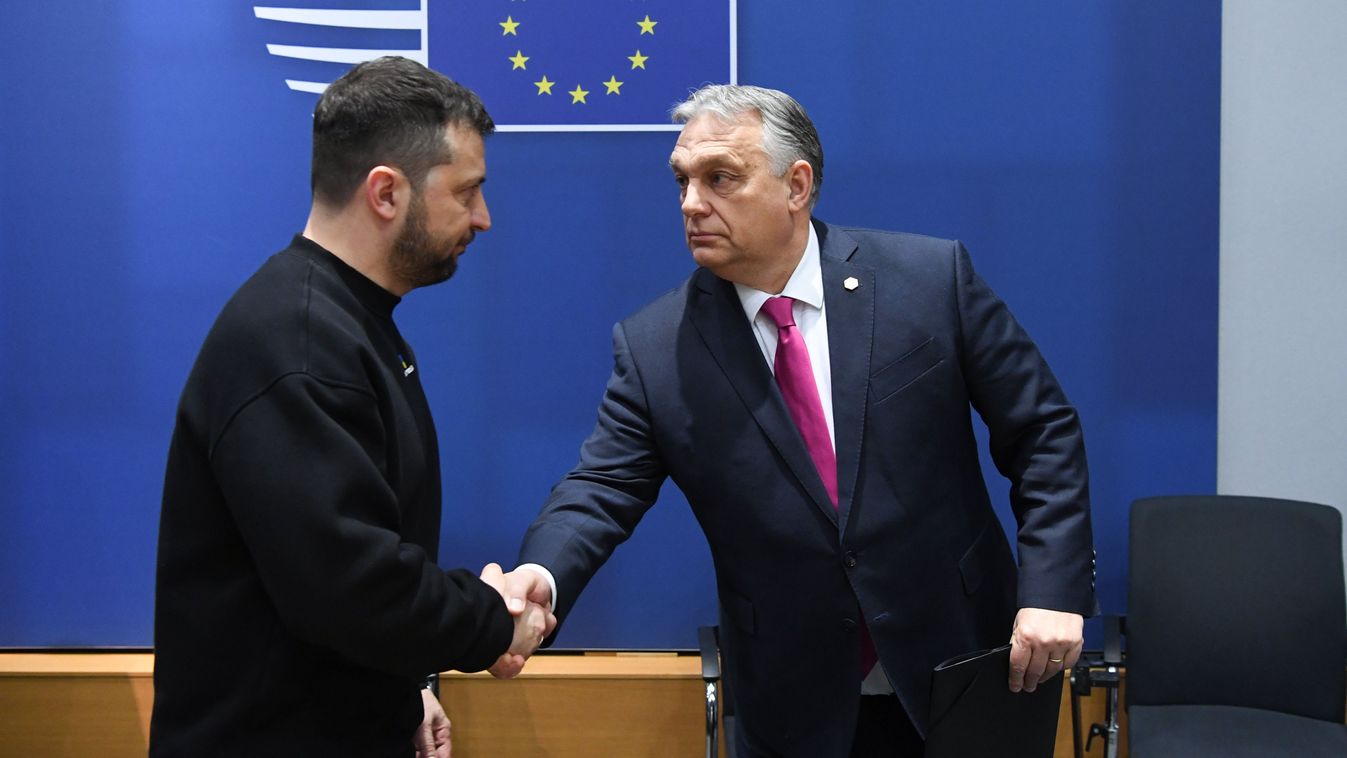Ukraine’s Foreign Ministry has responded to Hungary’s decision to block access to several Ukrainian media outlets, including Europeiska Pravda, according to Europeiska Pravda.
“The difference is that Ukraine blocks Russian propaganda, whereas Orban’s government blocks Hungarians’ access to fact-based journalism. But for them, the farther from the truth the better,” Foreign Ministry spokesperson Georgiy Tykhyi said on X.
He emphasized that Ukraine’s decision to block certain websites, including Hungarian portals, specifically targets Russian propaganda.
In mid-September, Ukraine banned several foreign outlets, including the Hungarian sites Origo and Demokrata, on grounds that these platforms regularly disseminate Russian propaganda.
Hungary announced retaliatory measures shortly after. Gergely Gulyás, head of the Prime Minister’s Office, said that “Hungary today is introducing mirror measures against Ukrainian news portals, so they will not be available in Hungary.”
The escalating tensions come as Viktor Orban faces the biggest challenge to his 15-year rule in the upcoming April 2026 elections. Peter Magyar, a former member of Orban’s political circle, now leads a party that has a chance to defeat Fidesz in parliamentary elections for the first time since 2010.
Deteriorating relations
Relations between the two countries have worsened in recent weeks. In late August, Hungarian Foreign Minister Péter Szijjártó announced an entry ban for the commander of a Ukrainian military unit that attacked the Druzhba oil pipeline. Ukraine responded by delivering a note of protest to Hungary’s ambassador.
Szijjártó later referenced a government referendum that purportedly showed Hungarians oppose Ukraine’s EU membership due to alleged threats to farmers, the labor market, and security. Ukraine subsequently banned entry for three Hungarian military personnel in response to similar Hungarian measures.
On 26 September, Ukraine’s Armed Forces detected a drone over Zakarpattia Oblast that had flown in from Hungary. Following this incident, Orban stated that “nobody wants to attack Ukraine,” calling it a “non-sovereign” state.
Read also
-
Deputy defense minister confirms Swedish Gripen jets coming to Ukraine for the first time
-
Czech analysts expose about 300 TikTok accounts pushing pro-Russian agenda before parliamentary vote
-
“When prevention fails, we use law enforcement”—Ukraine’s new BEB director on fighting the $ 24 bn shadow economy




